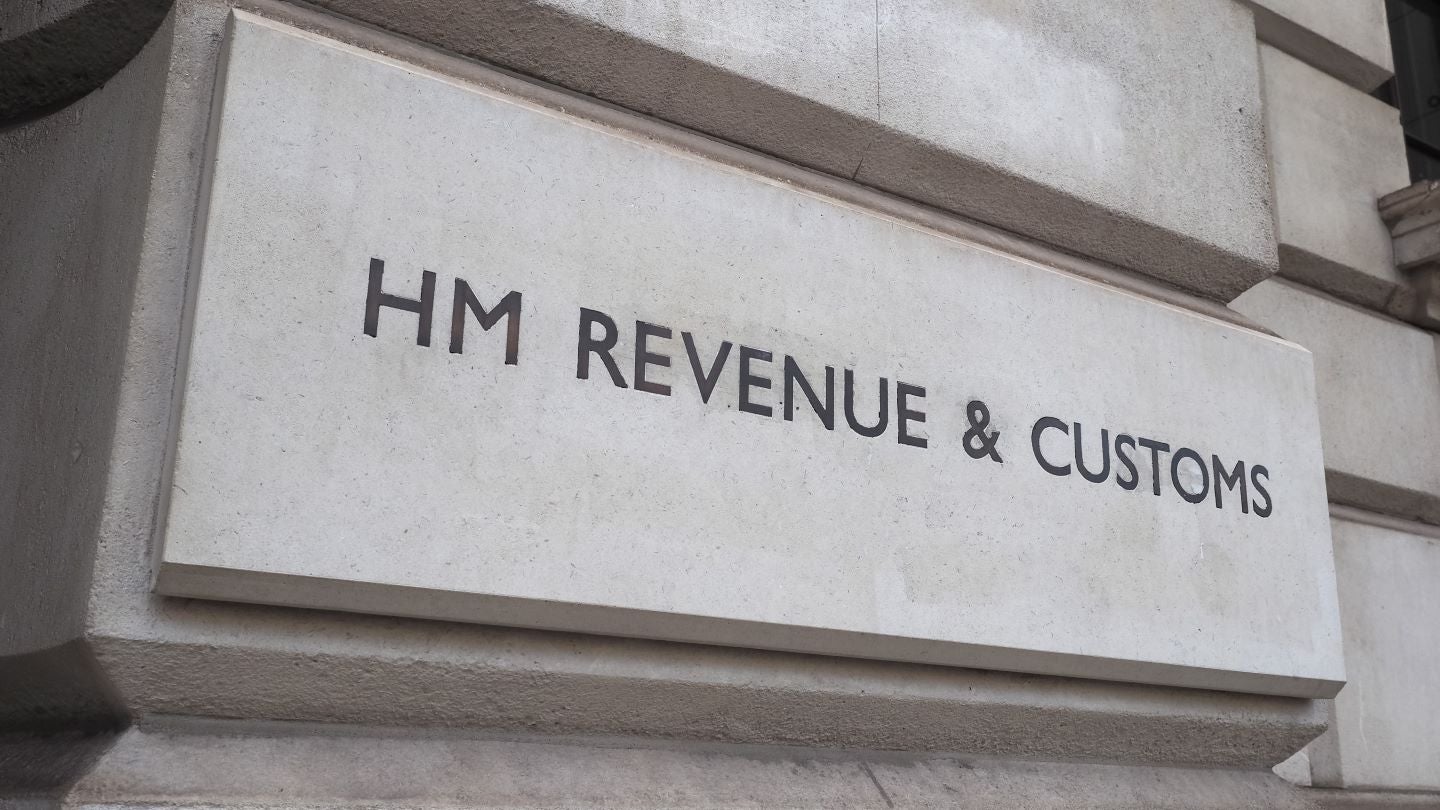UK business arrears to HMRC hit £28bn per month

Business arrears to the UK’s HM Revenue and Customs (HMRC) have averaged £28bn ($37.54bn) per month, as companies face increased national insurance (NI) costs and the economic impact of US tariff hikes.
These figures, obtained by HMRC through the Freedom of Information Act, highlight the unpaid debts pursued by the tax authority in Q1 2025.
Go deeper with GlobalData
Corporation Tax debt arrears have averaged £7bn monthly, with figures reaching £7.52bn in January, £7.14bn in February, and £6.79bn in March.
Unpaid VAT liabilities have averaged £12bn per month, with £12.55bn in January, £12.58bn in February, and £11.97bn in March.
Late PAYE payments, including NI contributions, have averaged £8bn monthly, with £8.71bn in January, £8.51bn in February, and £8.16bn in March.
Basware CEO Jason Kurtz said: “Our systems are detecting a substantial spike in invoice rejections as businesses scramble to renegotiate contracts, many shellshocked by tariff trauma of the last few weeks.

Don’t let policy changes catch you off guard. Stay proactive with real-time data and expert analysis.
By GlobalDataKurtz explained: “In response to the economic turbulence, it is likely companies are stockpiling their reserves and putting off paying tax liabilities in an effort to preserve cashflows.
“What’s concerning is that economic turbulence also creates fertile ground for fraud, with businesses falling victim to payment fraud schemes including vendor impersonation, duplicate invoices, and manipulated payment details.”
Greg Watson, CEO of anti-money laundering platform Napier AI, believes that the surge in “economic uncertainty and volatility” is fostering greater opportunities for financial crime.
Watson noted that certain companies are established solely to perpetrate financial crimes, channelling illegal funds through vulnerabilities until detection is too late.
He said: “There needs to be increased scrutiny from institutions that are enabling businesses with financial services. Many of whom have passed rigorous due diligence checks at the time of onboarding.
“These institutions need to be doing ongoing monitoring for suspicious activity, using AI to detect anomalies. If we only catch it once the tax is overdue, we have already missed the opportunity to prevent financial crime in real-time, at its source.”
An HMRC representative concluded: “We take a supportive approach to dealing with customers who have tax debts, working with them to find the best possible solution based on their financial circumstances.

Sign up for our daily news round-up!
Give your business an edge with our leading industry insights.
Content Original Link:
" target="_blank">

































































